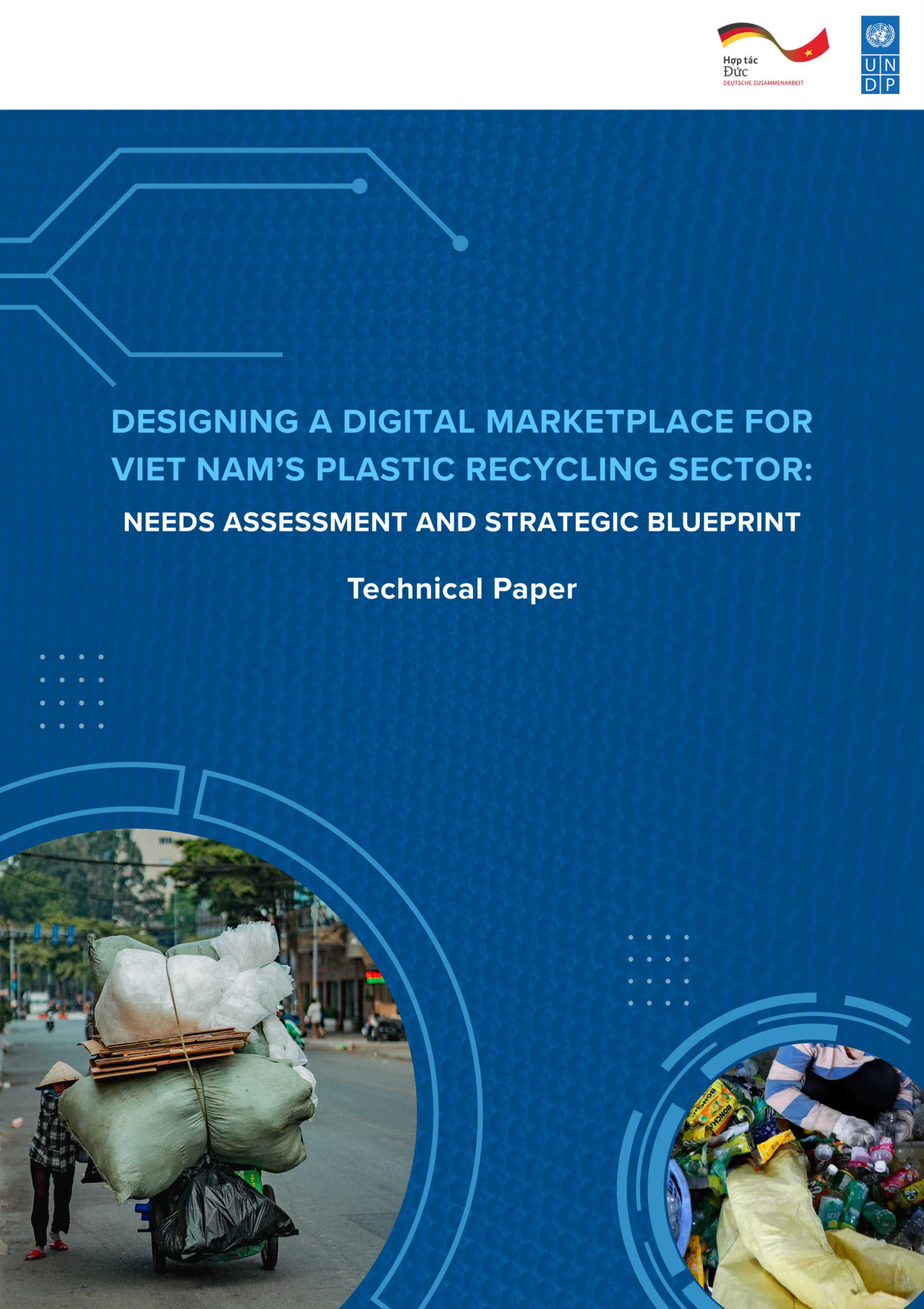The role of systemic investing in Viet Nam’s transition to a circular economy
Over the last 30 years, Viet Nam has seen rapid and sustained economic growth, transforming it from one of the world’s poorest nations into a lower middle-income country. But, dependent on resource extraction and fossil fuel consumption, the country’s development resulted in significant adverse environmental impacts. Recognizing the scale and import of these threats to its population and economy, the Government of Viet Nam has embarked upon a transition to a Circular Economy: an economic model that the revised Law on Environmental Protection, passed in late 2020, defines as “encompassing design, production, consumption and services activities aimed at reducing raw materials, extending product life, reducing waste generation and minimizing adverse impacts on the environment”.
Viet Nam’s waste management and recycling system is emblematic of the linear economy’s predominance and classic systemic failure, as valuable resources are literally burned or buried. Of the municipal solid waste generated, currently only 10-15% is reused or recycled. This case study therefore explores the role of systemic investing—a holistic approach to solving well-defined societal challenges—in achieving a circular economy transition. It does so through the mode of the transformation capital logic: an investment logic rooted in the notion that human systems are complex and adaptive and that addressing societal problems requires systemic intervention approach spanning multiple levers of change, including finance.












